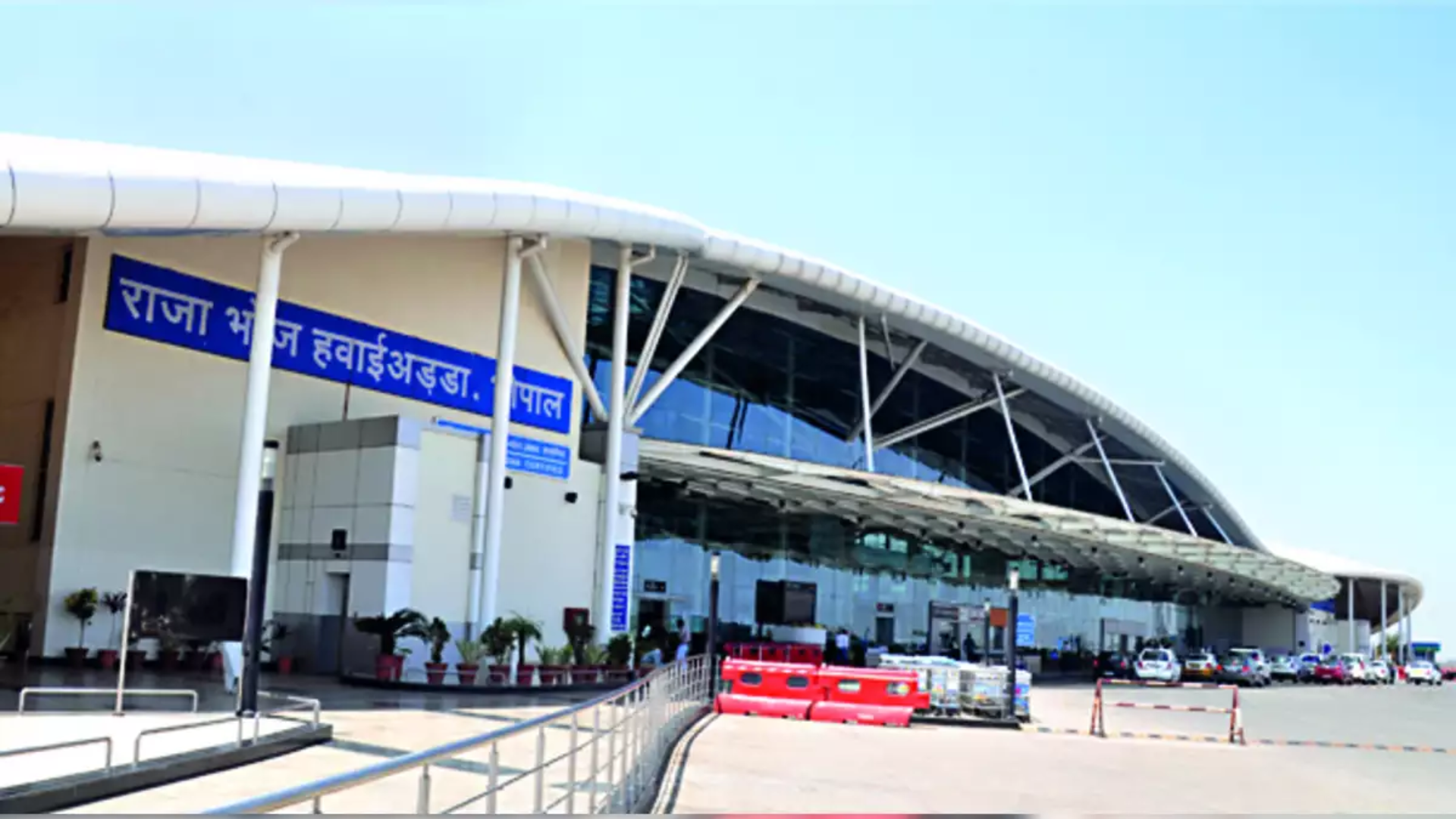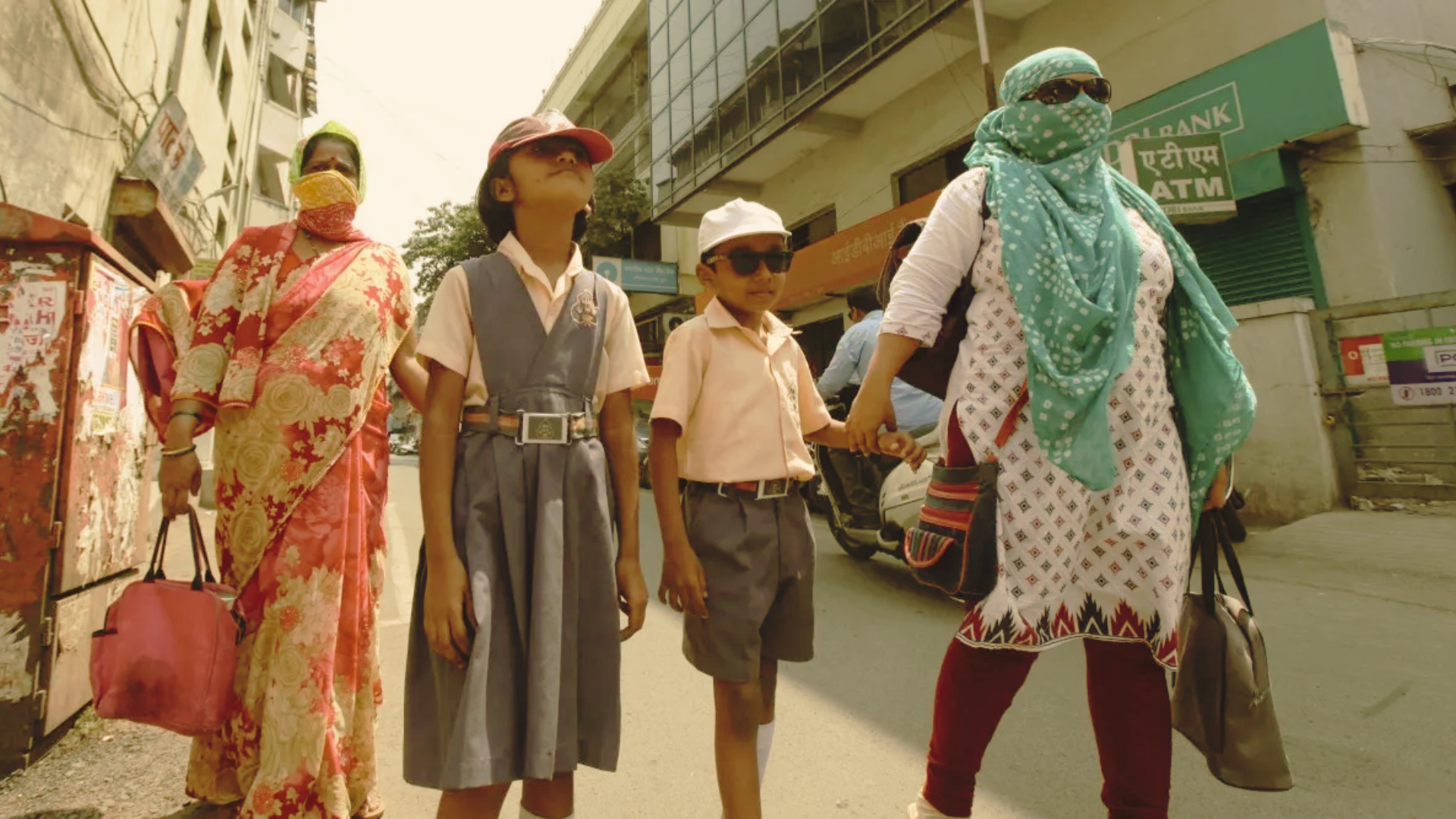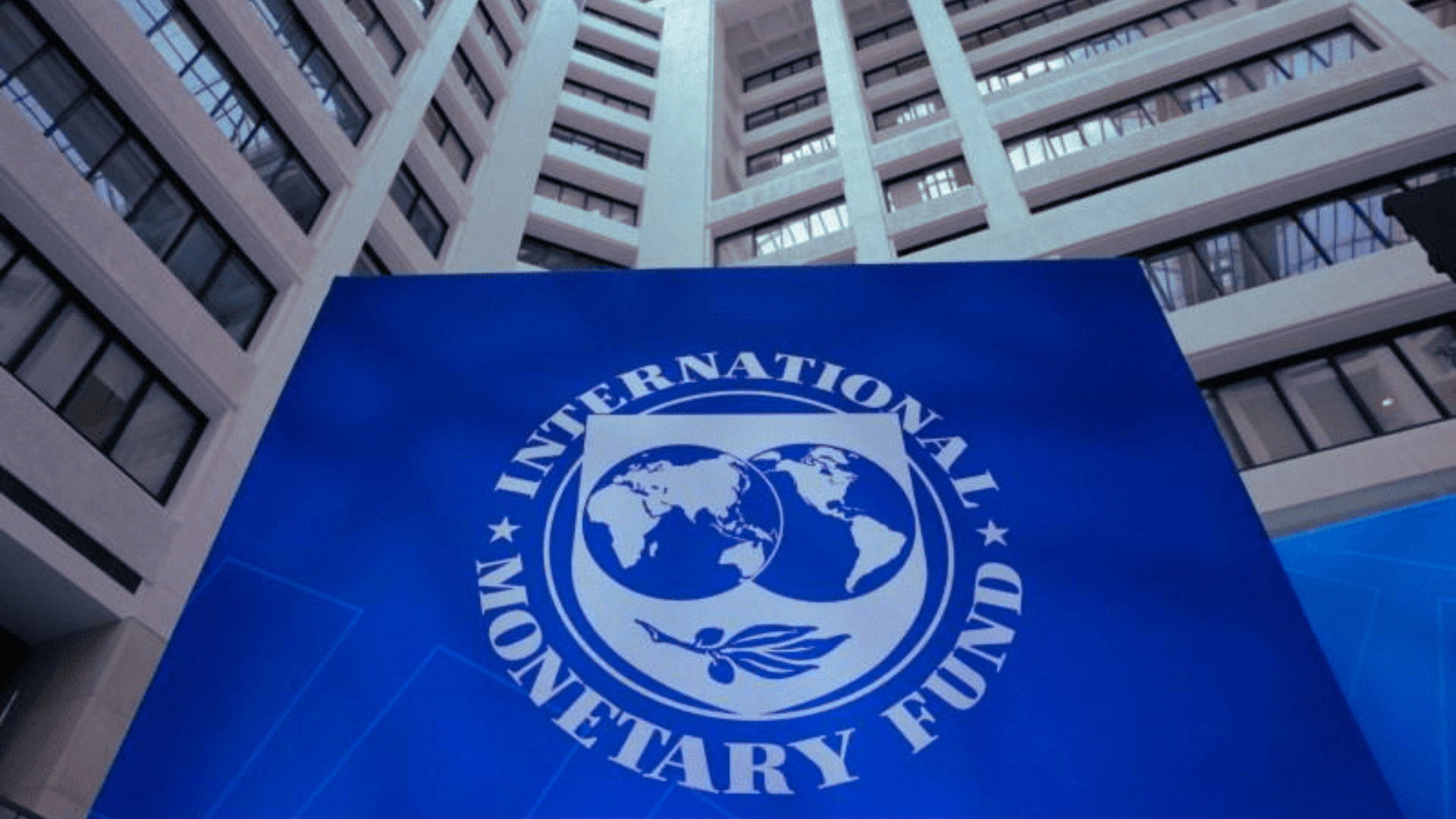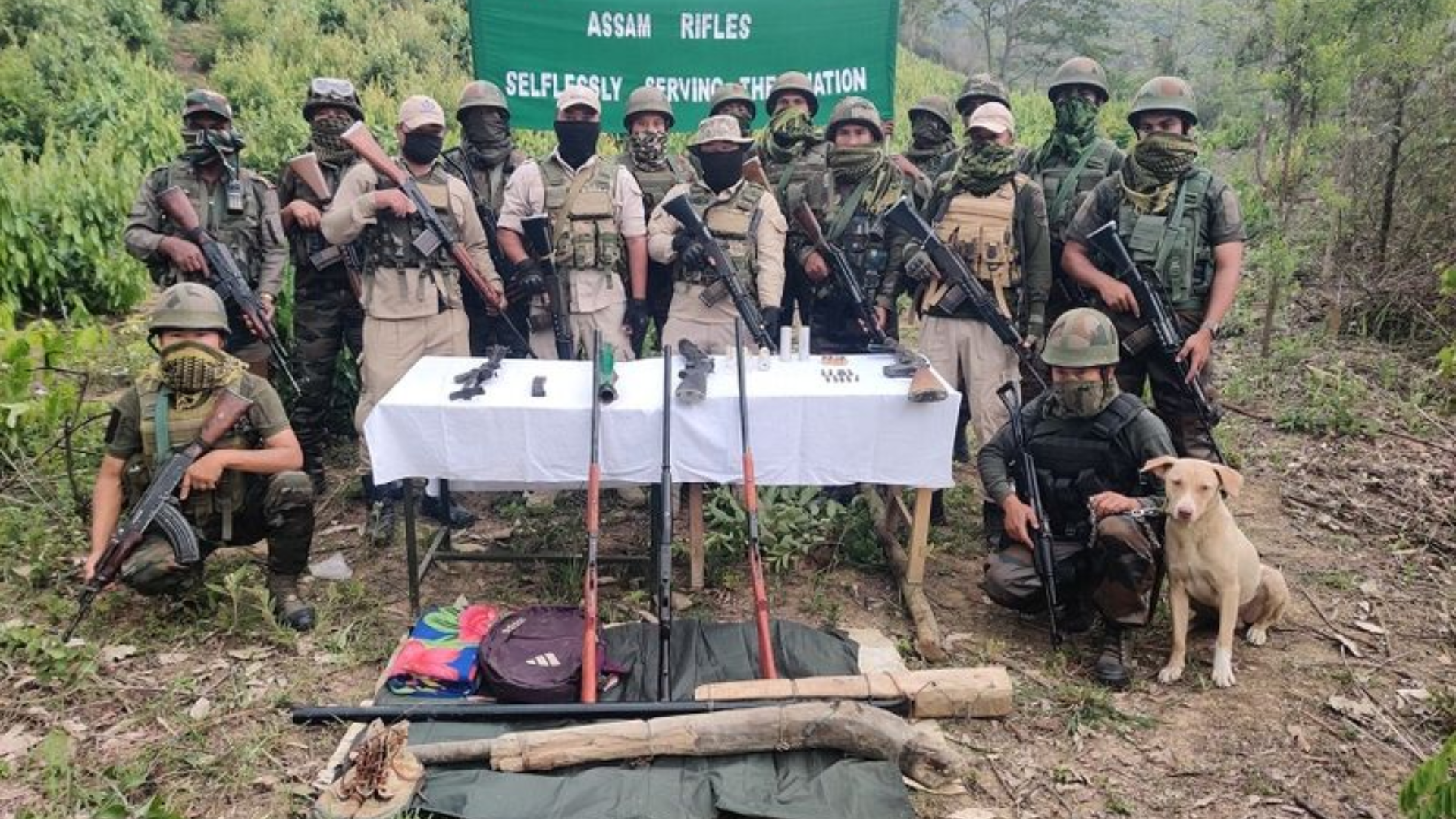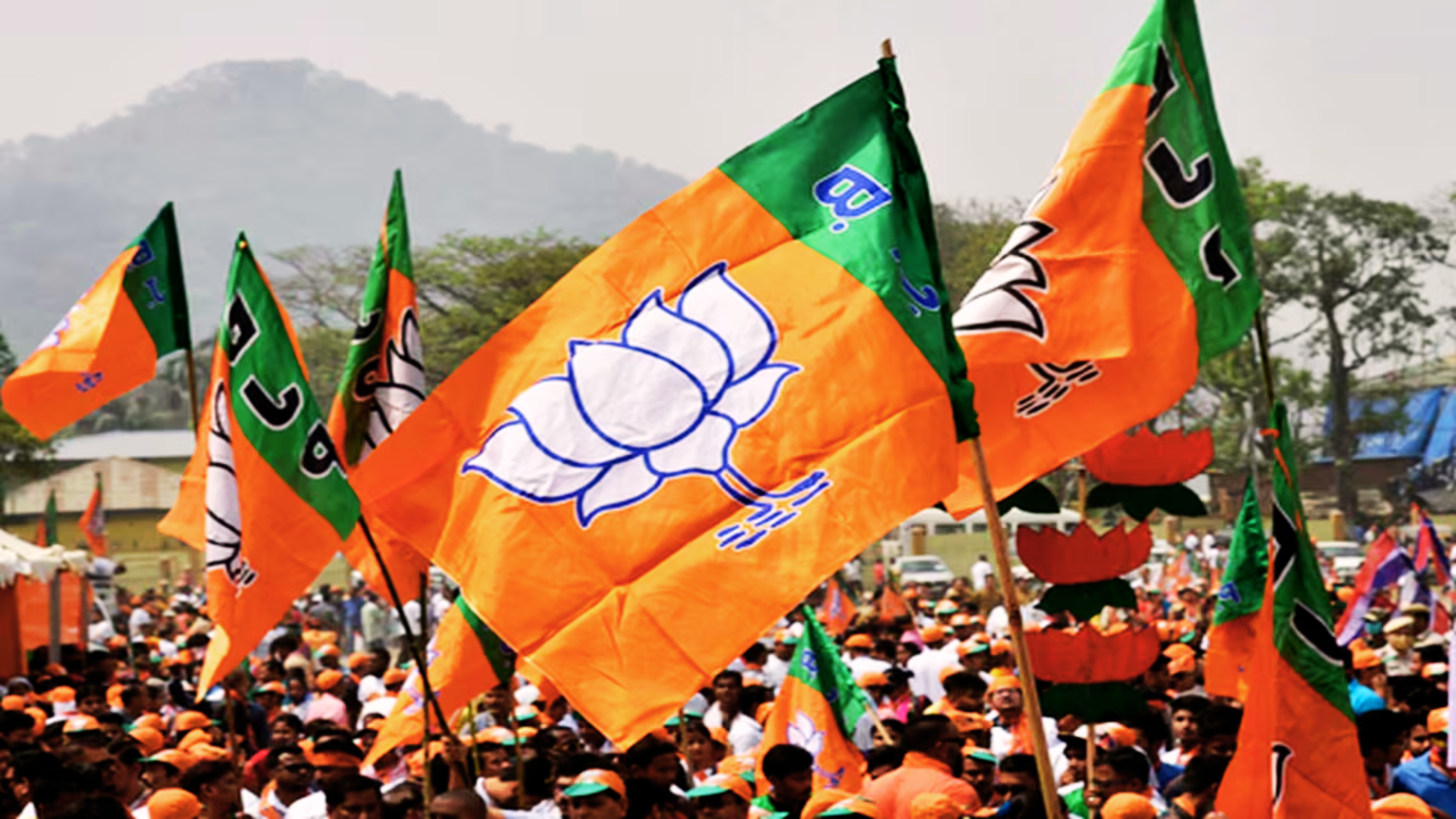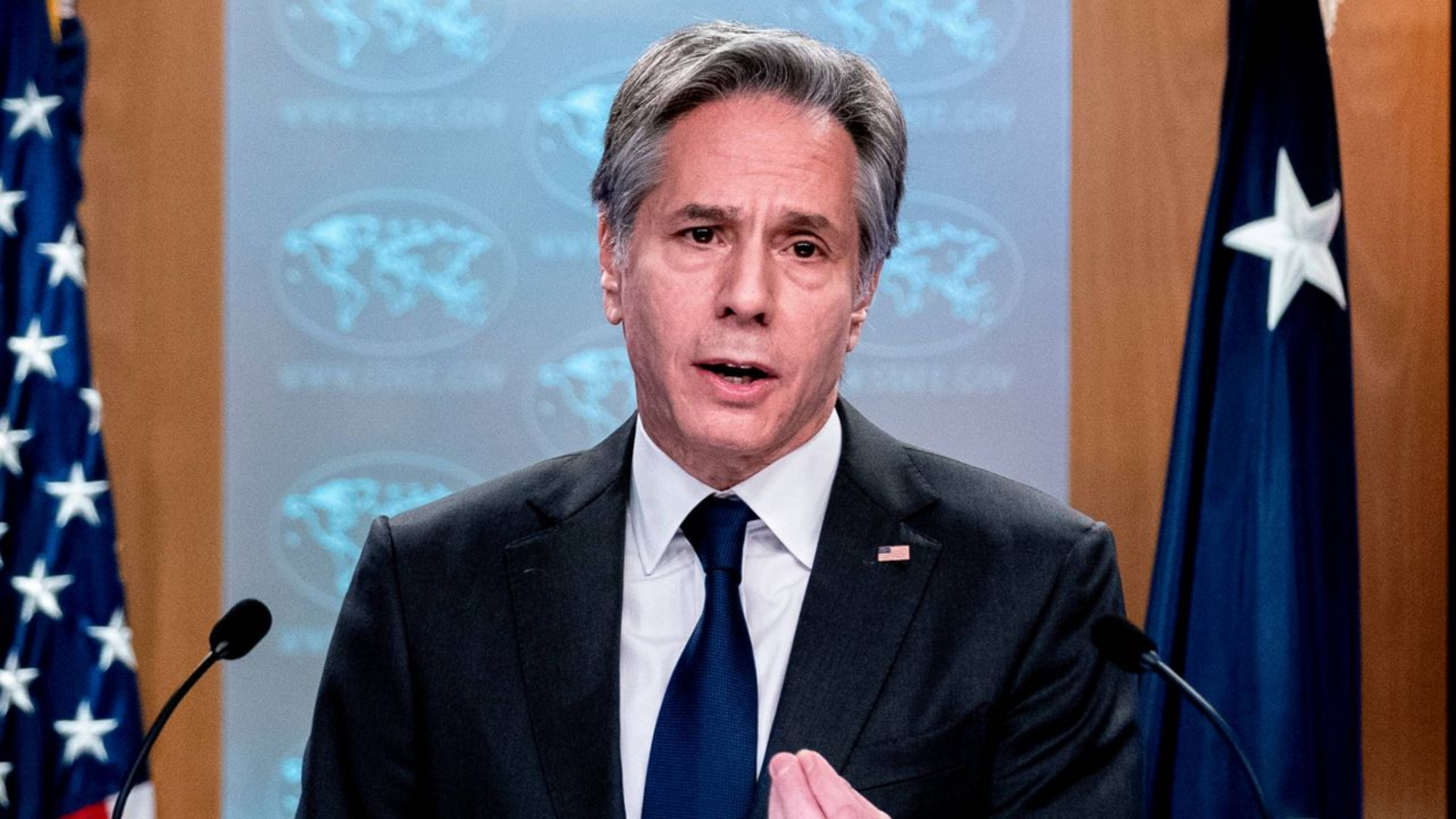




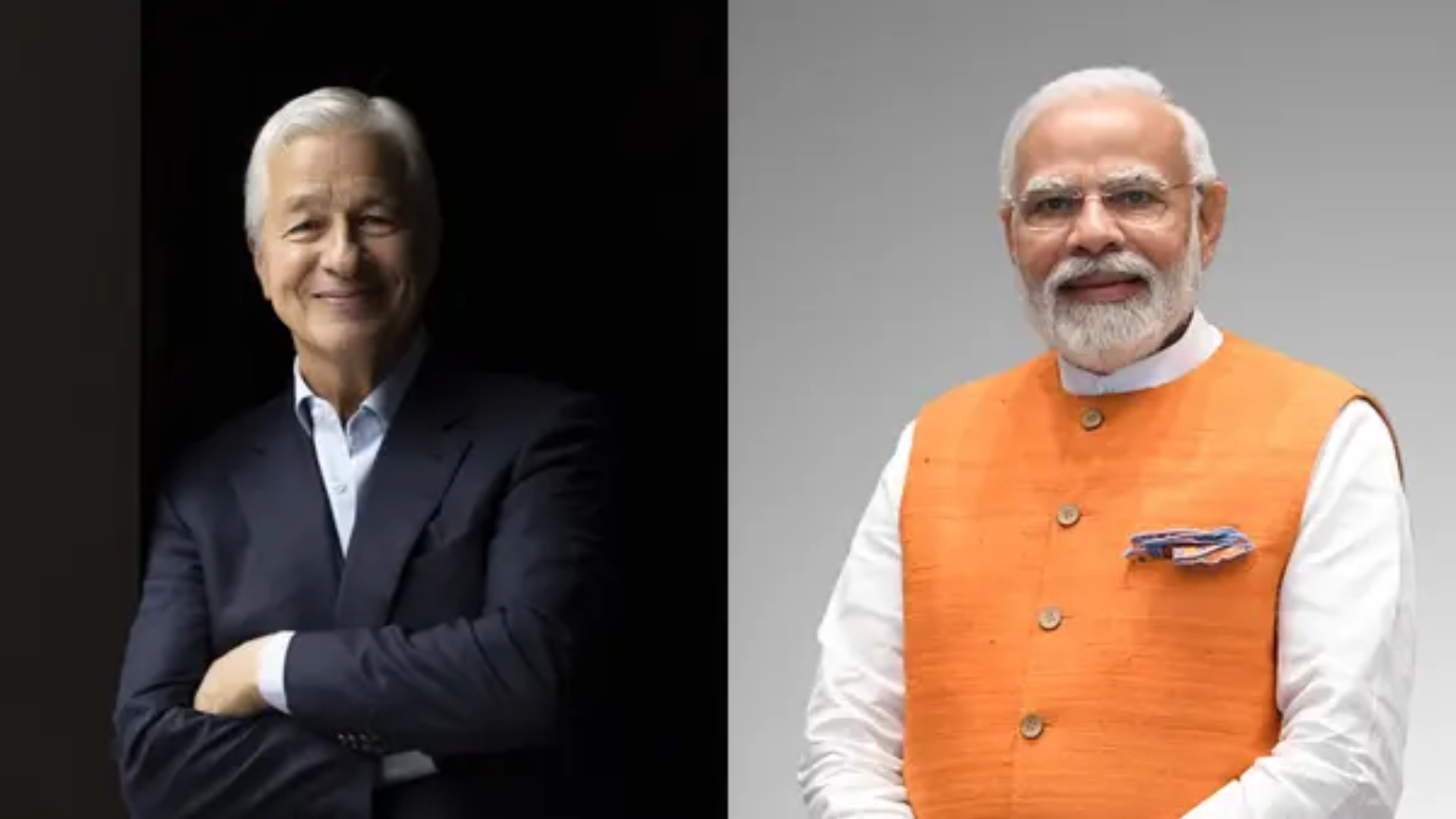

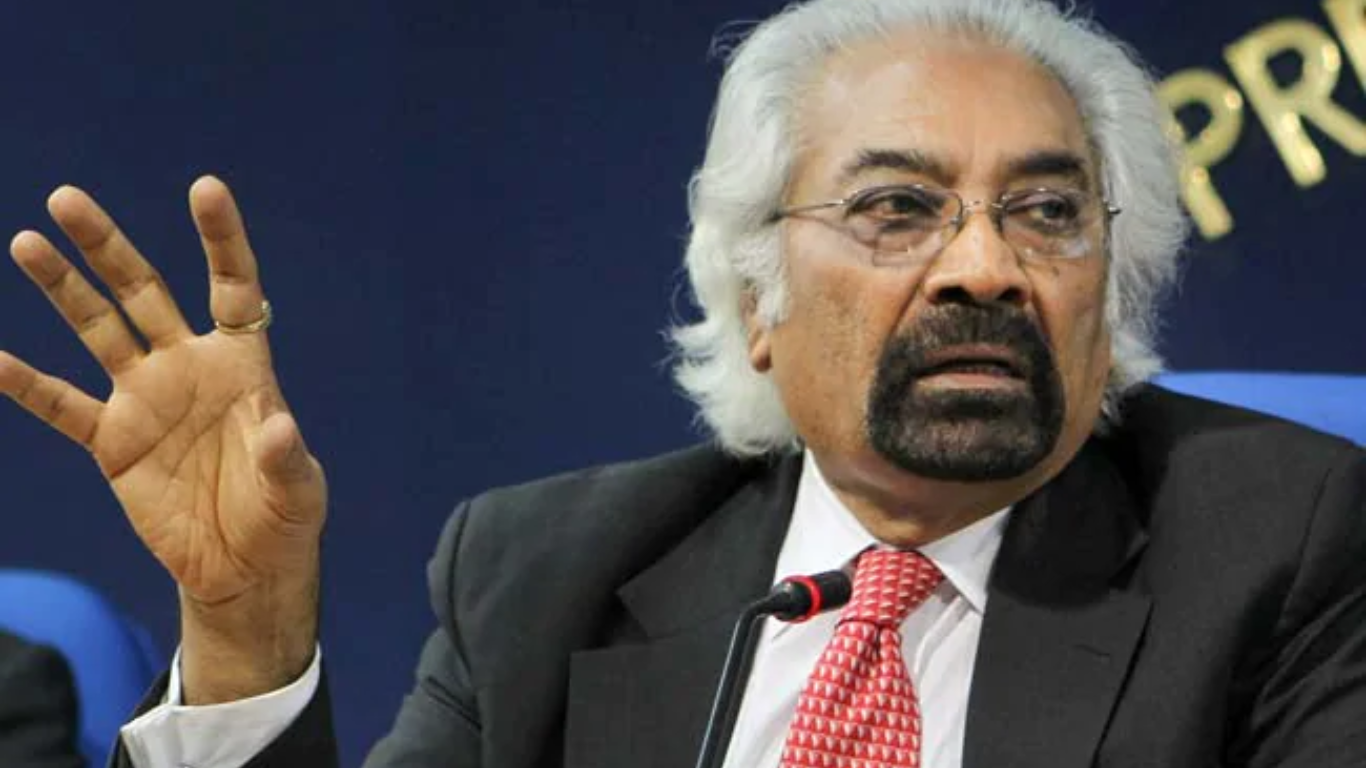

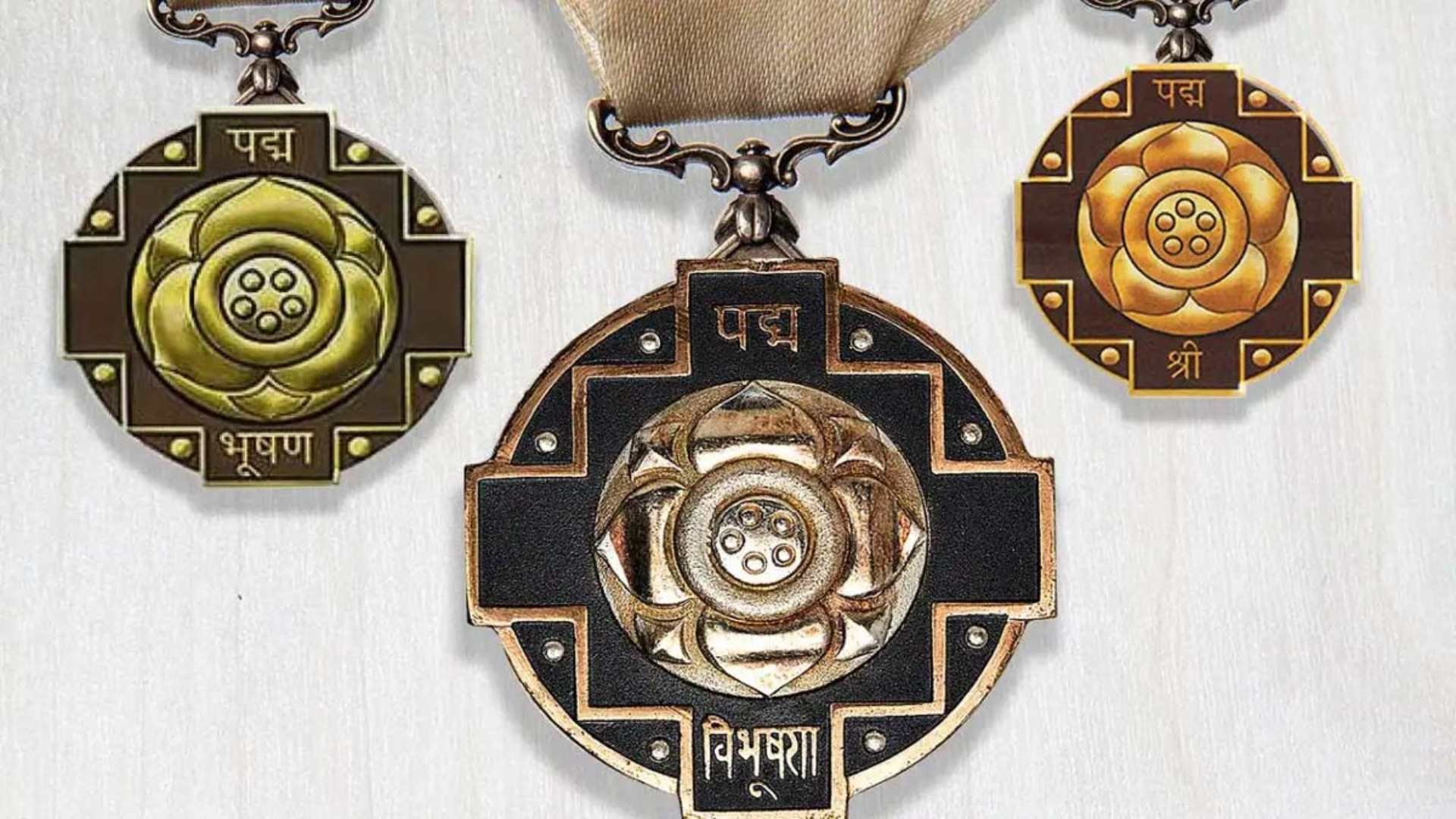
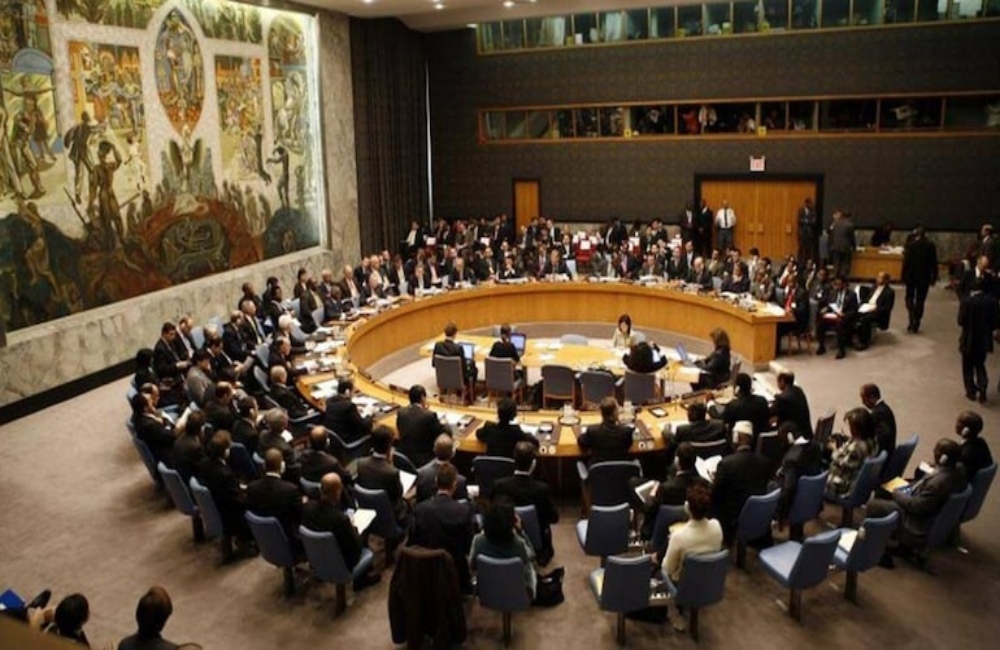
According to sources with knowledge of the situation, India has historically opposed or abstained on such nation-specific resolutions at the UN Human Rights Council.
India on Thursday voted against a resolution at the UNHRC advocating human rights in Sri Lanka, but it encouraged the Colombo administration to keep its promises to the Tamil minority.
India did not vote for a draught resolution at the UNHRC that would have initiated a discussion on the Xinjiang area of China’s human rights condition.
For its decision to abstain from the draught resolution calling for discussion of the human rights situation in China’s Xinjiang region, the Indian side did not provide an explanation.
The UNHRC ultimately voted in favour of China, with 11 members abstaining, including India, Malaysia, and Ukraine, and 19 members opposing the motion.
France, Germany, Japan, and the Netherlands all backed the resolution. On the Xinjiang resolution, 12 of the 17 OIC member states with representatives in the UNHRC also voted in favour of China.
According to those with knowledge of the situation, India typically abstains or votes against such nation-specific resolutions at the UNHRC. It is understood that China’s participation in the UNHRC had a role in the decision, as any support for the Xinjiang problem by India may have prompted China to take similar action on other fronts.
Several nations, including Turkey, co-sponsored the draught resolution on the situation in Xinjiang, including Canada, Denmark, Finland, Iceland, Norway, Sweden, the UK, and the US.
The resolution was a response to a recent study by Michelle Bachelet, a former UN High Commissioner for Human Rights, which uncovered several human rights abuses in Xinjiang.
Indra Mani Pandey, India’s permanent representative in Geneva, stated that the progress made so far by the Sri Lankan government to meet the aspirations of the Tamil minority “remains inadequate” when defending India’s vote on the resolution promoting reconciliation, accountability, and human rights in Sri Lanka.
“India has always been guided by the two fundamental principles of support to the Tamils’ aspirations for equality, justice, and dignity and peace and unity, territorial integrity, and sovereignty of Sri Lanka,” Pandey said. “In finding a lasting and effective solution for peace and reconciliation in Sri Lanka.
India has “substantially contributed,” according to Pandey, to Sri Lanka’s relief, rehabilitation, resettling, and reconstruction efforts since 2009. He claimed that since January of this year, India had “given unprecedented assistance” to the people of Sri Lanka in order to help them cope with the effects of the current economic crisis.
Realizing the genuine aspirations of the Tamil people of Sri Lanka for prosperity, dignity, and peace, as Pandey noted, and achieving prosperity for all Sri Lankans are two sides of the same coin.
Twenty of the UNHRC’s 47 members voted in favour of the Sri Lanka motion, while just seven did not. Twenty members abstained, including those from Malaysia, Indonesia, Japan, and India.

